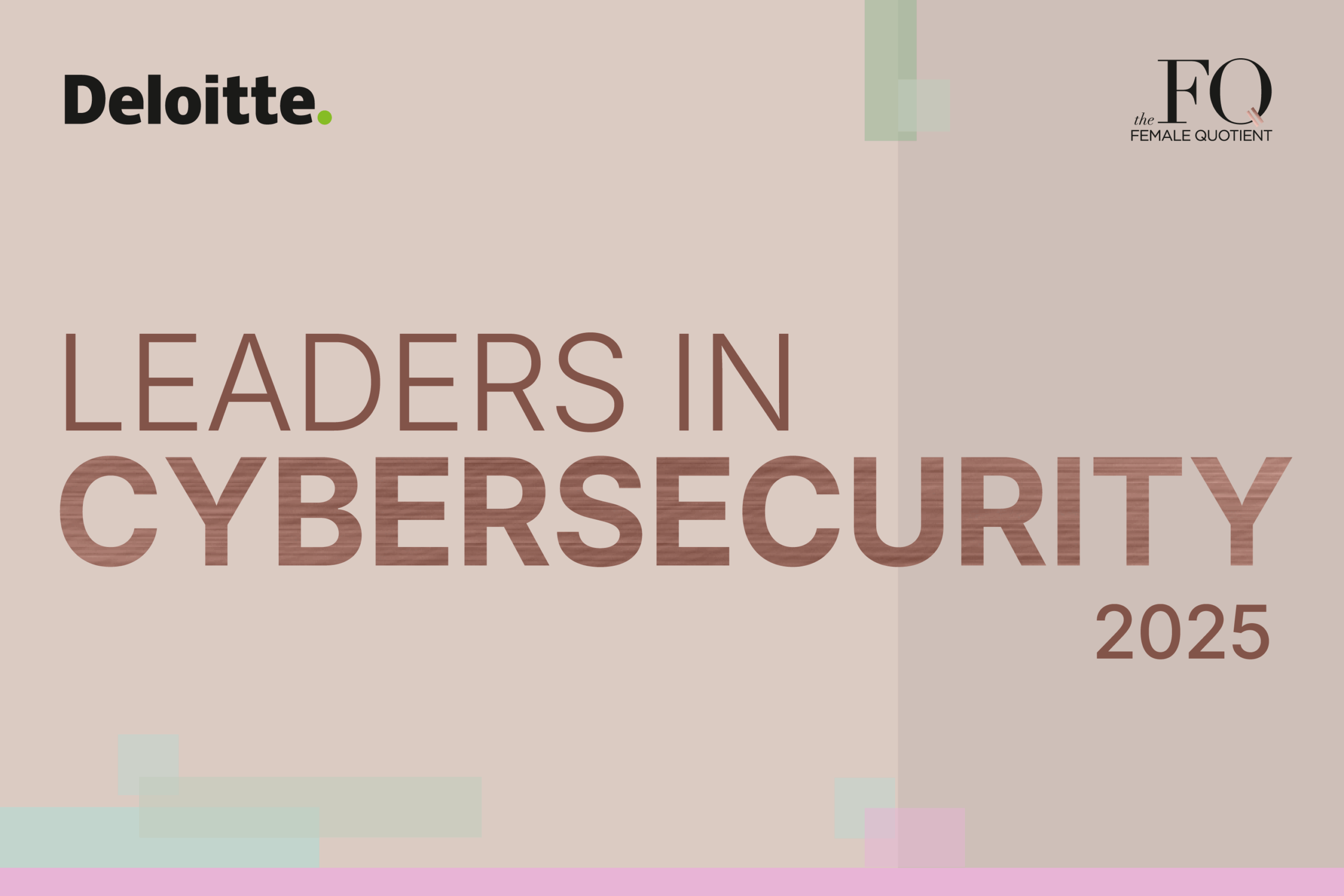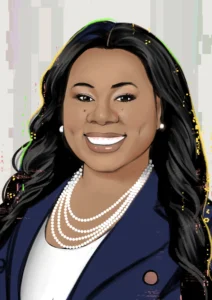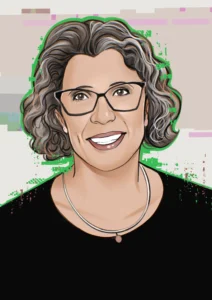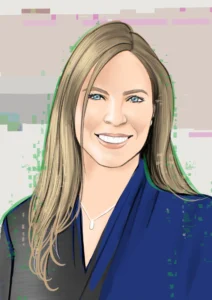
Faezeh Khabbaz
“The cybersecurity field provides visibility into some of the most challenging threats to our economy and our overall safety, and it’s very exciting to be a part of the solution in this dynamic field.”
Faezeh Khabbaz is a VP, Security Insights & AI at RBC’s Global Security, where she drives collaboration across the organization to develop AI solutions to respond to digital and cyber threats. Previously, she served as the Head of Data Science at RBC Capital Markets, leading innovative initiatives to integrate alternative data and data science into Capital Markets Research. Recognized for her exceptional technical achievements, Faezeh received the Distinguished Engineer award from RBC’s Technical Distinction Program. She holds a PhD in Robotics from the University of Toronto, and is an alumna of the Emerging Leaders Cyber Initiative from Rogers Cybersecure Catalyst.
What is one skill, interest or talent of yours that makes you great at your job?
Adaptability is my strength. It helps me pivot quickly to changing priorities, tasks, and deadlines, while staying positive and proactive. It also enables me to collaborate effectively with diverse teams, take on new challenges, and embrace evolving roles.
What is the best piece of unconventional career advice you’ve gotten?
Early on in my career, a mentor told me to become a “broken comb,” rather than an “I” or a “T.” What they meant by that was to learn enough to be competent in all areas closely connected to my field, and then specialize in those I enjoy the most. I’ve taken that advice to heart, and I am trying to constantly learn the new domains that pop up alongside my career, and not limit myself to what I had studied or my passion in AI.
What is your proudest moment working in the cybersecurity industry?
I am proud to lead a talented team of technologists and AI scientists who build solutions that help keep RBC safe every day. We have solved some very complex security and digital crime problems, and these solutions are changing the way we operate at RBC. Though it is hard to pick one moment, I have at least one proud moment every week where we made our environment safer.
When did you become interested in pursuing a career in cyber and what prompted it?
I came into cybersecurity by luck. I was in the AI and analytics space before joining cybersecurity, but was then approached by our Chief Information Security Officer (CISO) to join his team and run the analytics and data science team for Global Cyber Security. After spending some time learning what the team does and the field of cybersecurity, I was drawn into the challenge. The cybersecurity field provides visibility into some of the most challenging threats to our economy and our overall safety, and it’s very exciting to be a part of the solution in this dynamic field.
What are the top 3 things you would tell people hoping to enter the cybersecurity industry?
- Keep learning; this is a dynamic field that requires an ever-learning mindset.
- It is hard to keep up with everything that’s going on in the field, so it’s important to network so you can learn from the experiences of others.
- Have an intentional routine to unplug. Working in the cybersecurity industry can be overwhelming.
What are some misconceptions people might have about the cybersecurity industry and what can we do to change these misconceptions?
One misconception is that only certain industries, like the government, or certain individuals are vulnerable to cyber-attacks. The reality is all companies contain pieces of sensitive data that are worth stealing. Cyber criminals can use even a harmless-looking piece of data or information to execute and facilitate their malicious attacks.
Another misconception is that cyber education and awareness is a one and done process. The reality is, cybersecurity education is a continuous process, as the threat actors’ behaviors keep evolving.
Do you feel like you’re contributing to helping keep our world secure and can you share why that matters to you?
Yes, absolutely. Our primary function is to protect the data of our clients, and prevent financial loss to our organization and our clients. We share the mission of defending against cyber threats and protecting sensitive data with other organizations, governments, and law enforcement. It’s important for me to help build a safer digital world for all Canadians, and we can achieve that through cross-industry and private-public engagements.
What positive change do you think will take place as we bring the next generation into the cybersecurity industry?
I am excited and hopeful for a future when the next generation takes this fight to the next level with even more extensive adoption of AI for threat detection, reducing response times, and mitigating risks faster than ever before. I am also hopeful for greater collaboration between governments and the private sector, where they share more intelligence that will ultimately strengthen a collective defense strategy against increasingly sophisticated cyber adversaries.
Who is your role model in the cybersecurity industry and why?
Since joining the cybersecurity team at RBC, our Chief Security Officer (CSO), Laurie Pezzente, has been a role model of mine. I feel lucky that I have a chance to work under her leadership and see how she steers the security practice of our company. She has a clear vision, and formulates strategies to achieve and exceed that vision.







